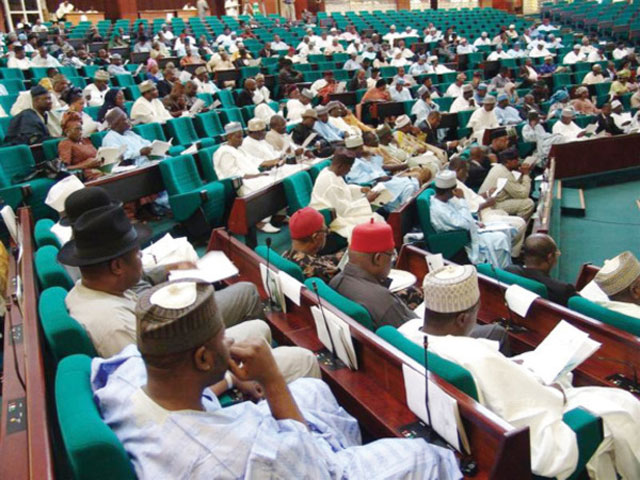There are no products in your shopping cart.
| 0 Items | £0.00 |


NIGERIAN lawmakers are to add N500bn ($1.3bn) to next year's budget to help cover unanticipated costs before passing the 2021 Appropriation Bill in the National Assembly today.
In October, President Muhammadu Buhari presented Nigeria's most ambitious budget ever to the National Assembly when he unveiled a record-breaking N13trn ($33.68bn) package before lawmakers. However, the budget did not take into account the changing economic dynamics brought about by the coronavirus pandemic, so lawmakers intend to make alterations to bull before passing it.
For starters, the original budget did not make any provision for the purchase, distribution and administration of a coronavirus vaccine. Also, it did not include plans for any government-funded public works programme to address the fact that there are now over 21m Nigerians unemployed as a result of the economic fallout of the pandemic.
Medical experts have warned that Nigeria needs to set aside N540.4bn ($1.4bn) to purchase 218.m doses of the new coronavirus vaccine if the nation wants to combat the growing second wave of the pandemic currently sweeping across the globe. Over the weekend, Dr Olorunnimbe Mamora, Nigeria's minister of state for health, said he along with other officials would be meeting with the National Assembly today to discuss finances and other issues related to Covid-19.
With the need to purchase and distribute a vaccine now inevitable, lawmakers look set to increase the budget to N13,588,027,886,175 from the original N13.08ttrn proposal. A report by the House of Representatives Committee on Appropriations on the national budget calling for this has already been submitted to the general House.
Both Nigeria's Senate and the House of Representatives are holding special sessions today mainly to pass the budget ahead of the Christmas and New Year break. It is not yet clear how the National Assembly expects Nigeria to get the extra funding from, although it is most likely that it will recommend that the federal government increase borrowing to finance any mass vaccination programme.